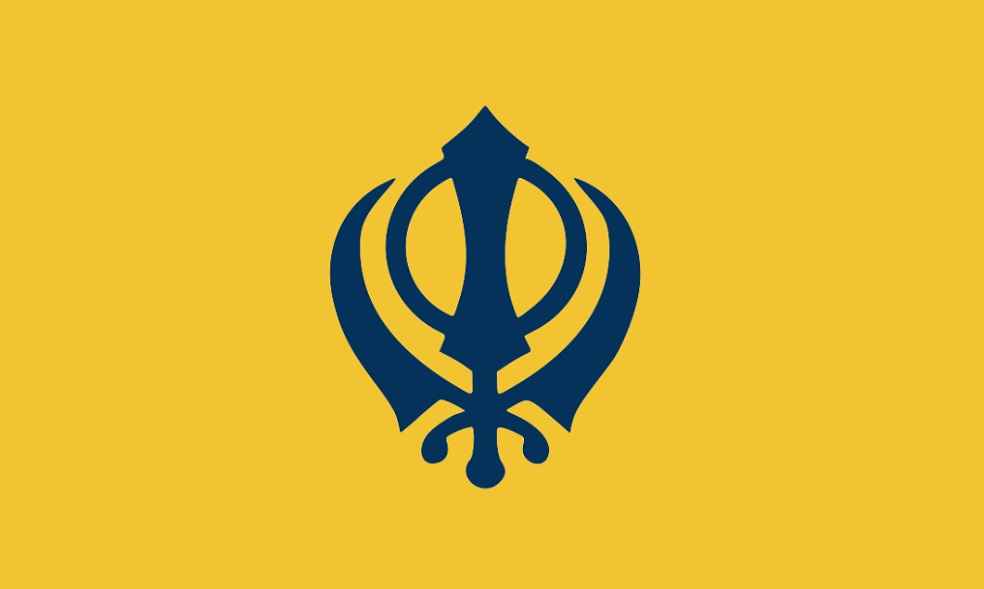Prime Minister Narendra Modi of India culminated his 3-nation visit with a bilateral meeting with Australian Prime Minister Anthony Albanese, further emphasizing the strengthening relations between the two nations. With China perceived as a common strategic challenge, the focus was on enhancing two-way trade and addressing socio-political issues.
The bilateral meeting signalled the maturity of the India-Australia relationship, with discussions centring around a variety of subjects including trade, temple vandalism, and Khalistan separatist activities.
Advancing Economic Ties

A prominent outcome of the meeting was the advancement of the Comprehensive Economic Cooperation Agreement (CECA). PM Albanese expressed a shared ambition for its early conclusion later this year. The CECA is expected to allow Australia tariff-free access into the Indian market.
The next round of CECA negotiations will be held consecutively in June and July, as revealed by Foreign Secretary Vinay M Kwatra. The meeting followed the preliminary Economic Cooperation and Trade Agreement (ECTA) signed in 2022, allowing over 85% of Australian goods to be exported to India tariff-free – a figure set to rise to 90% by January 1, 2026. Import tariffs on some Australian agricultural products have also been reduced.
Despite the bolstered ties with India, Australia maintains a robust trading relationship with China, with PM Albanese expected to visit Beijing soon to negotiate the lifting of trade bans imposed on Australia.
Defence and Strategic Partnership

In addition to trade, India and Australia’s ‘Comprehensive Strategic Partnership’ has allowed the strengthening of bilateral defence and security ties. These ties have been fortified through a 2+2 format dialogue between the foreign and defence ministries, as well as the collaboration within the Quad, a strategic forum that also includes the US and Japan.
Following participation in the recent Quad Summit in Hiroshima, Japan, PM Albanese outlined his new National Defence Strategic Review 2023, pushing Australia’s defence budget to $19 billion, highlighting an ambitious defence plan compared to his predecessor, Scott Morrison.
Addressing Khalistan Elements

Modi raised the issue of temple vandalization by Khalistan separatists and activities seeking support for a separate Sikh country during the bilateral meeting. He emphasized that such actions threatening the friendly India-Australia ties would not be tolerated, receiving assurance from PM Albanese that strict actions would be taken against such elements in the future.
This comes after violent clashes broke out between Khalistan supporters and a section of the Indian diaspora in Melbourne, prompting New Delhi to urge Canberra to act against the perpetrators. In a recent development, Sydney’s Blacktown City Council called off a Khalistan Referendum scheduled for June 4, leading to protests by Khalistan sympathisers.
Through this meeting, both India and Australia reaffirmed their commitment to bolster economic, defence, and strategic ties while addressing common socio-political challenges.
FASHION INDUSTRY: War on Waste: Bans Unsold Fashion Destruction



